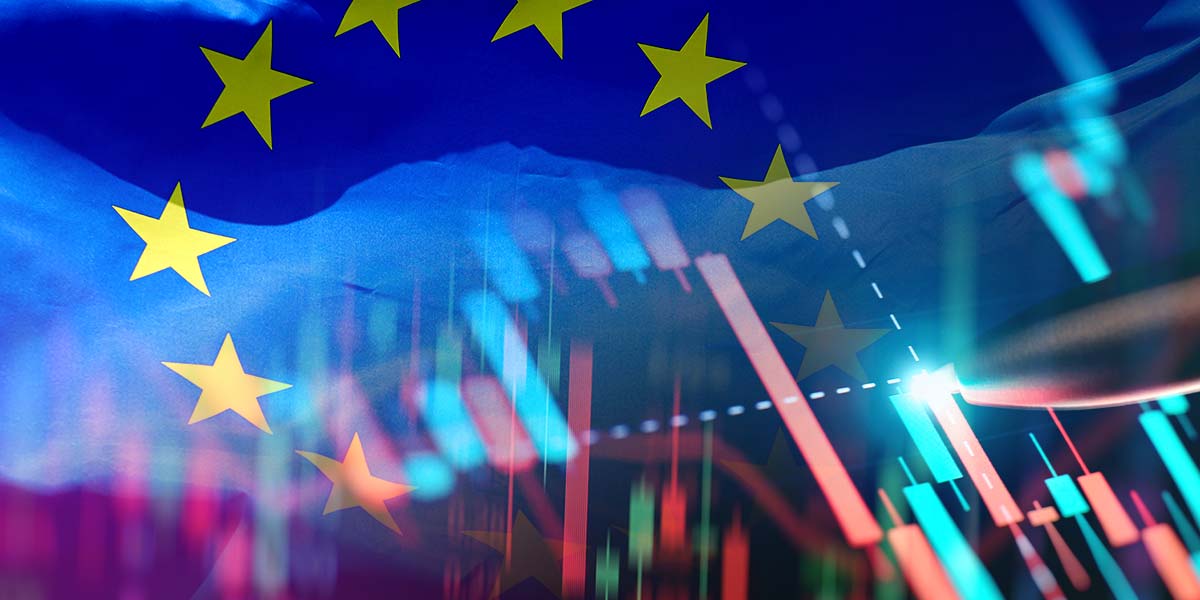According to a CNBC report, senior European executives are signaling that the current climate offers a strategic opportunity for the continent amid growing uncertainty from the Trump administration.
Shifts in global capital flows and private markets indicate the longstanding dominance of U.S. equity markets is losing momentum, with investor sentiment and cash increasingly migrating to Europe.
Recent performance numbers highlight this trend: since early November 2024, Europe’s Stoxx 600 has outperformed the S&P 500, climbing more than 8% compared to a 5% gain in the U.S. market. In the past three weeks alone, Bank of America reported that $7.5 billion flowed out of U.S. equity funds, while European equities attracted $2.6 billion.
Moreover, Morningstar data earlier this year showed 2.8 billion euros were pulled from U.S. equity ETFs in the month to mid-March, while European ETFs enjoyed inflows of 14.6 billion euros.
Goldman Sachs International Co-CEO Anthony Gutman has observed a rapid narrowing of growth differentials between the U.S. and Europe this year, significantly influencing investor behavior. At the beginning of the year, confidence was markedly higher in the United States, while sentiment in Europe was more restrained.
Since then, market dynamics have shifted, drawing greater capital inflows to Europe and lifting overall investor optimism toward the region.
In private markets, the recent Super Return forum in Berlin was marked by growing sentiment that the era of U.S. exceptionalism may be fading. Participants highlighted an increasing recognition of Europe’s attractive investment landscape, citing opportunities for higher risk-adjusted returns compared to the United States.
This perspective was reinforced by leading private equity firms such as Carlyle Group and Permira, with the latter overseeing approximately 60 billion euros in private equity and credit assets, both signaling a growing confidence in European markets.
Despite these tailwinds, attention now turns to the prospects for an EU-U.S. trade agreement, which is proving more complex to secure than deals with other nations.
The White House suggested on Wednesday that the July 9 deadline for reaching a trade agreement could be extended. Treasury Secretary Scott Bessent indicated that countries or trading blocs such as the EU, which are actively negotiating in good faith, are likely to be granted more time to continue discussions.
UniCredit CEO Andrea Orcel emphasized that Europe’s future resurgence will depend on its own actions. He noted that despite recent tensions in transatlantic relations, the 27-member European Union has the potential to unite and drive forward key reforms such as banking and capital markets integration, as well as increased investment in infrastructure and defense.
These initiatives are generating considerable excitement among investors, resulting in a surge of capital into the region. However, Orcel cautioned that market confidence hinges on tangible progress—if investors perceive that promises are not being fulfilled, capital could quickly reverse course.





